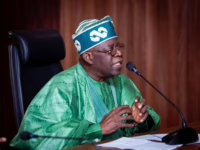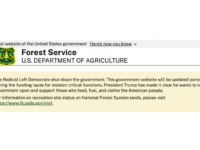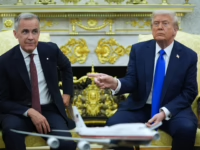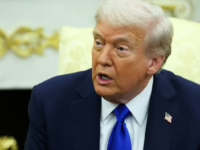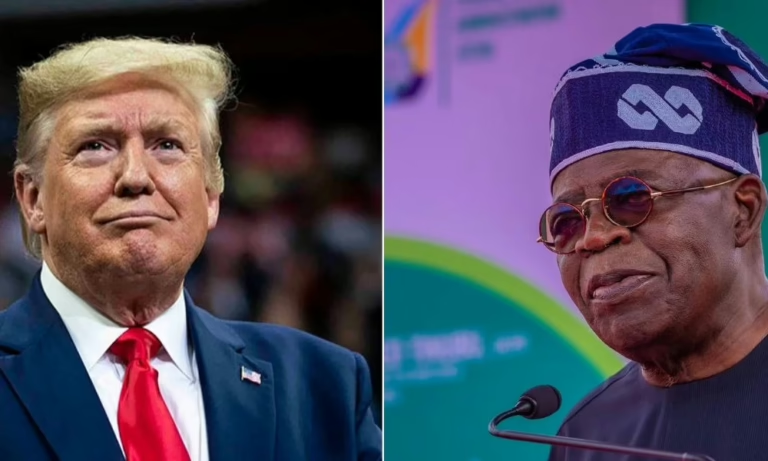Claim: It has been asserted that the Nigerian government imposed a ban on 25 American products following President Donald Trump’s introduction of a 14% tariff targeting African countries.
Verdict: This assertion is misleading.
Detailed Analysis:
Recently, several Facebook posts circulated the claim that Nigeria responded to the U.S. tariff by prohibiting the importation of 25 products originating from the United States.
To provide context, in April, President Trump announced a 14% tariff on Nigeria along with other African nations, citing concerns over imbalanced trade practices.
While some African leaders opted for diplomatic engagement, others considered retaliatory measures such as imposing tariffs on American goods.
The social media narrative suggested that Nigeria’s reaction was to ban 25 U.S. products outright. But is this claim accurate?
Fact-Checking:
According to reports from Ripples Nigeria, the Nigerian government did not enact a new ban on 25 U.S. products as a direct response to the tariff increase.
Investigations reveal that shortly after the tariff announcement, the United States Trade Representative (USTR) referenced Nigeria’s existing trade policies to justify the tariff. The USTR highlighted on X (formerly Twitter) that Nigeria’s prohibition on importing 25 American products constitutes “significant trade barriers” that hinder U.S. businesses from expanding into the Nigerian market, which partly motivated the tariff adjustment.
It is important to note that the U.S. cited Nigeria’s pre-existing nigeria-taxing-poverty-trade-surplus-analysis/” title=”Unmasking …'s Economic Myths: How Taxing the Poor and the Illusion of a Trade Surplus Are Holding the Nation Back”>import restrictions on these products, indicating that the ban was already in place before the tariff was introduced.
This evidence disproves the claim that Nigeria’s ban was a retaliatory measure against the U.S. tariff. Instead, the import restrictions on these 25 American goods predate the tariff hike.
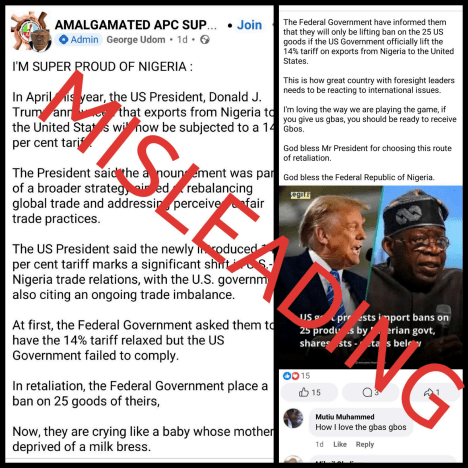
President Tinubu’s Response to the Tariff and Import Restrictions
Reports from Ripples Nigeria indicate that President Bola Tinubu dismissed the impact of Trump’s tariff, signaling a measured approach.
The Nigerian government stated it was evaluating the economic implications and exploring alternative export markets to mitigate any adverse effects.
Further findings show that the ban on these U.S. products was initially implemented in 2016 as part of Nigeria’s broader strategy to regulate imports.
According to the Nigeria Customs Service, these prohibited items fall under “Schedule 4: The Importation of which is Absolutely Prohibited.”
While it remains unclear if the list has been updated recently, the banned products include live or frozen poultry, pork, beef, bird eggs, refined vegetable oils, cane or beet sugar, chemically pure sucrose in solid form, cocoa derivatives, pasta products, and retail-packed fruit juices.
Additional restricted items encompass bottled water, non-alcoholic drinks, beer, stout, bagged cement, pharmaceuticals, soaps, detergents, mosquito repellents, plastic sanitary wares, used tires, corrugated paper products, and recharge cards.
Summary:
The narrative that Nigeria banned 25 U.S. products as a direct countermeasure to President Trump’s 14% tariff on African nations is inaccurate. The import ban was established years before the tariff announcement and is part of Nigeria’s longstanding trade policy.
By: Quadri Yahya








